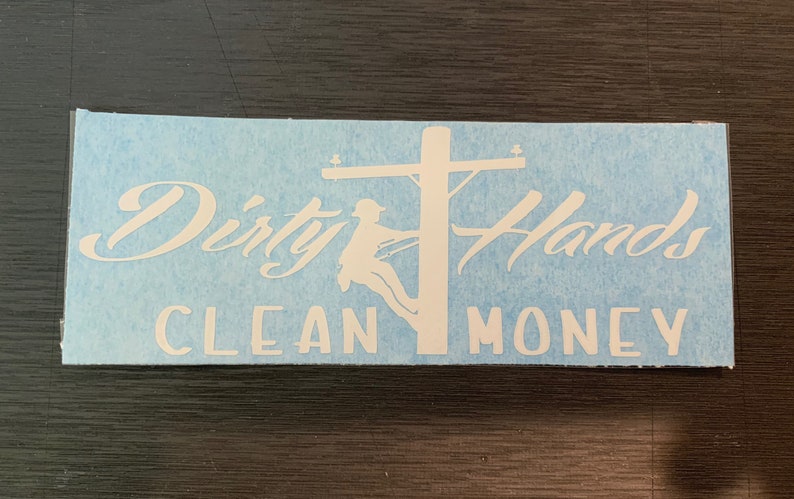

The British public body, the National Institute for Health and Care Excellence (NICE), introduced a recommendation in April 2014 due to an increase in the number of young people who inject steroids at UK needle exchanges. Furthermore, people who inject drugs have broken into syringe disposal bins to reuse discarded equipment. The institute's research concluded that public injecting behaviour is frequent in the area and injecting paraphernalia has been found in carparks, parks, footpaths, and drives. On, the Burnet Institute stated that it recommended 24-hour access to sterile injecting equipment in the Melbourne suburb of Footscray after the area's drug culture continued to grow after more than ten years of intense law enforcement efforts. Paul Dietze stated, "We have tried different measures and the problem persists, so it's time to change our approach". In the surrounding City of Yarra, an average of 1,550 syringes per month was collected from public syringe disposal bins in 2012. Between 20 a four-fold increase in the levels of inappropriately discarded injecting equipment was documented for the two suburbs. The Burnet Institute research organisation completed the 2013 'North Richmond Public Injecting Impact Study' in collaboration with the Yarra Drug and Health Forum and North Richmond Community Health Centre and recommended 24-hour access to sterile injecting equipment due to the ongoing "widespread, frequent and highly visible" nature of illicit drug use in the areas. The Melbourne, Australia, inner-city suburbs of Richmond, and Abbotsford are locations in which the use and dealing of heroin has been concentrated. IA comprehensive 2004 study by the World Health Organization (WHO) found a "compelling case that NSPs substantially and cost effectively reduce the spread of HIV among IDUs and do so without evidence of exacerbating injecting drug use at either the individual or societal level." WHO's findings have also been supported by the American Medical Association (AMA), which in 2000 adopted a position strongly supporting NSPs when combined with addiction counseling. Programs providing sterile needles and syringes currently operate in 87 countries of the Americas, Asia, Africa, Europe and Latin America.

Īn exchange in Boulder, Colorado, implemented a one-for-one with four starter needles and reported an exchange rate of 89.1% in 1992.
#DIRTY HANDS CLEAN MONEY PLUS#
: 15–16Īccording to a report published in 1994, Montreal's CACTUS exchange which has a policy of one-for-one, plus one needle with a limit of 15 had a return rate of 75-80% between 19. In addition to exchange, there is a model called "needs-based" where the syringes are handed out without requiring any to be returned.

The practices and policies vary between needle and syringe program sites. Some, such as the Columbus Public Health in Ohio weigh the returned sharps rather than counting. The volume-based method left potential for gaming the system and an exchange agency in Vancouver devoted significant effort to game the system. United Nations Office on Drugs and Crime for South Asia suggests visual estimation or asking the client how many they brought back.

Holyoke, Massachusetts, also uses the volume system. : 192Īccording to Santa Cruz County, California, exchange staff interviewed by Santa Cruz Local in 2019, it is a common practice for exchanges to not count, but approximate the returned sharps by "eyeballing" the volume. One-for-one is a system where the same number of syringes must be returned. While the initial programme was motivated by an outbreak of hepatitis B, the AIDS pandemic motivated the rapid adoption of these programmes around the world. The first government-approved initiative (Netherlands) was undertaken in the early to mid-1980s, followed closely by other initiatives. The idea is likely to have been rediscovered in multiple locations. Needle-exchange programmes can be traced back to informal activities undertaken during the 1970s. "Sharps" container (for safe disposal of hypodermic needles)


 0 kommentar(er)
0 kommentar(er)
